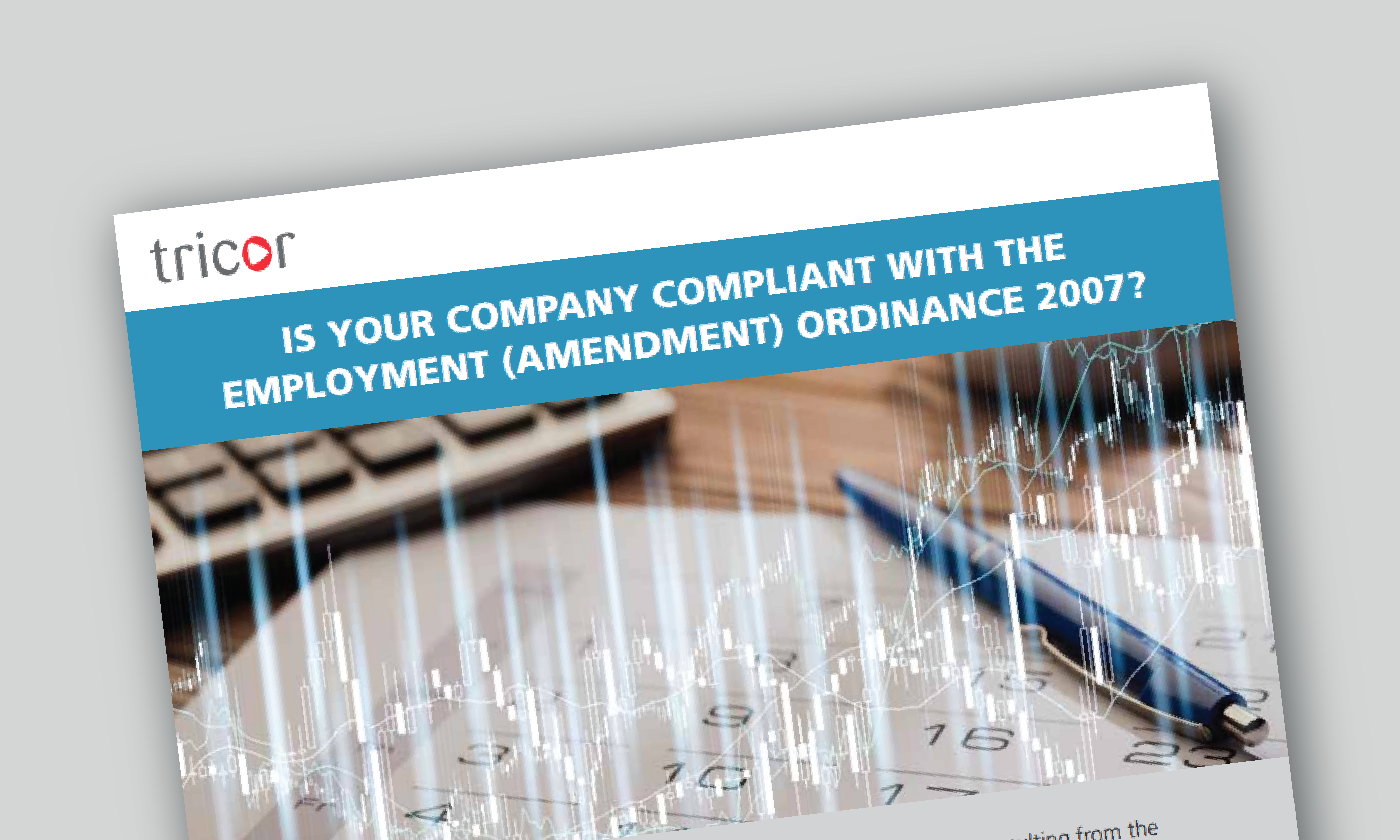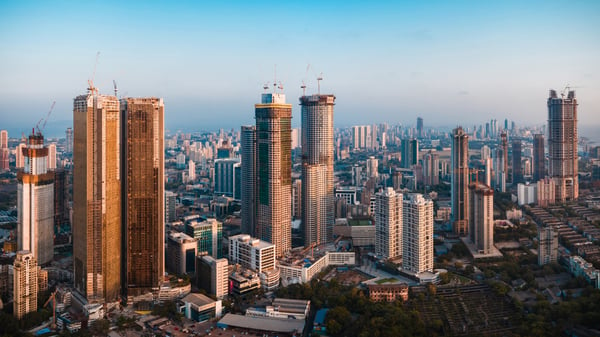Most Hong Kong SAR companies are unaware of the requirements and the impact resulting from the Employment (Amendment) Ordinance 2007 (“EAO”) that became effective on 13 July 2007. This employment law, also commonly referred to as “713”, ensures that all components of wages as defined under the Employment Ordinance (including commission and allowance, etc.) are included in the calculation of relevant statutory entitlements. In order for Hong Kong SAR companies to be compliant, the relevant statutory entitlement must be calculated on the basis of the average daily or monthly wages earned by an employee in the 12-month period.
Did you calculate the following statutory entitlements based on daily average wage?
- Statutory holiday pay
- Statutory annual leave pay
- End-of-year payment
- Sickness allowance
- Maternity leave pay
- Paternity leave pay
- Wages in lieu of notice
How Tricor can help?
Since the introduction of the EAO requirement, many employers and employees are still locked in legal battle over the accurate calculation of statutory holiday pay and annual leave pay. Some companies fail to comply with the law as they are unaware of the EAO requirements while some companies choose to ignore it or only adopt the average daily wages for calculating the unused annual leave pay when the employees leaving employment. You might have heard that claims were lodged with the HK Labour Tribunal that some employers did not follow the EAO requirements for calculating the relevant statutory entitlements of employees, in particular, the statutory holiday pay and statutory annual leave taken pay.
If your company is not compliant with the Employment (Amendment) Ordinance 2007, it is time to rectify and do it right. To learn how we guide companies in Hong Kong SAR to reduce associated risk and compliance costs, contact our dedicated HR and payroll team of experts:







